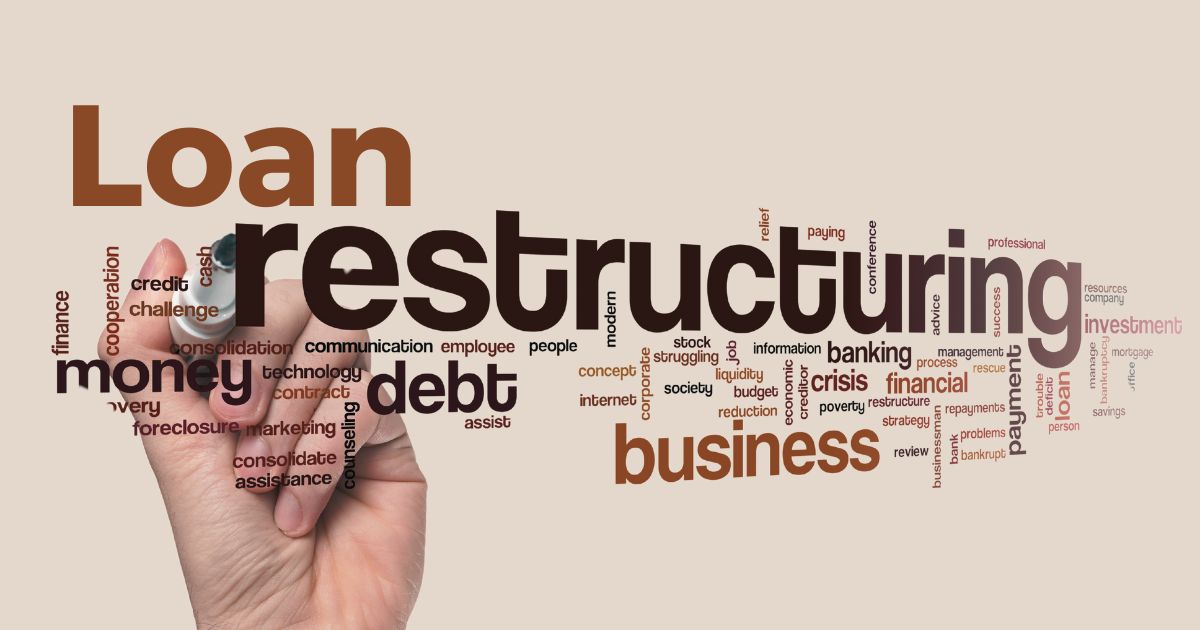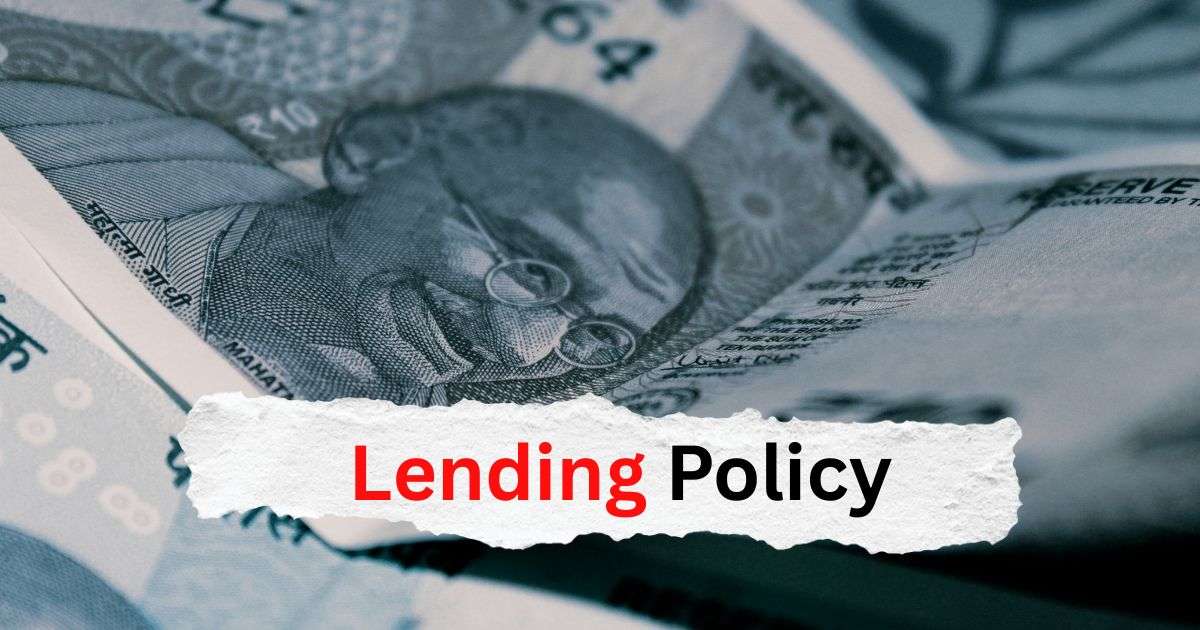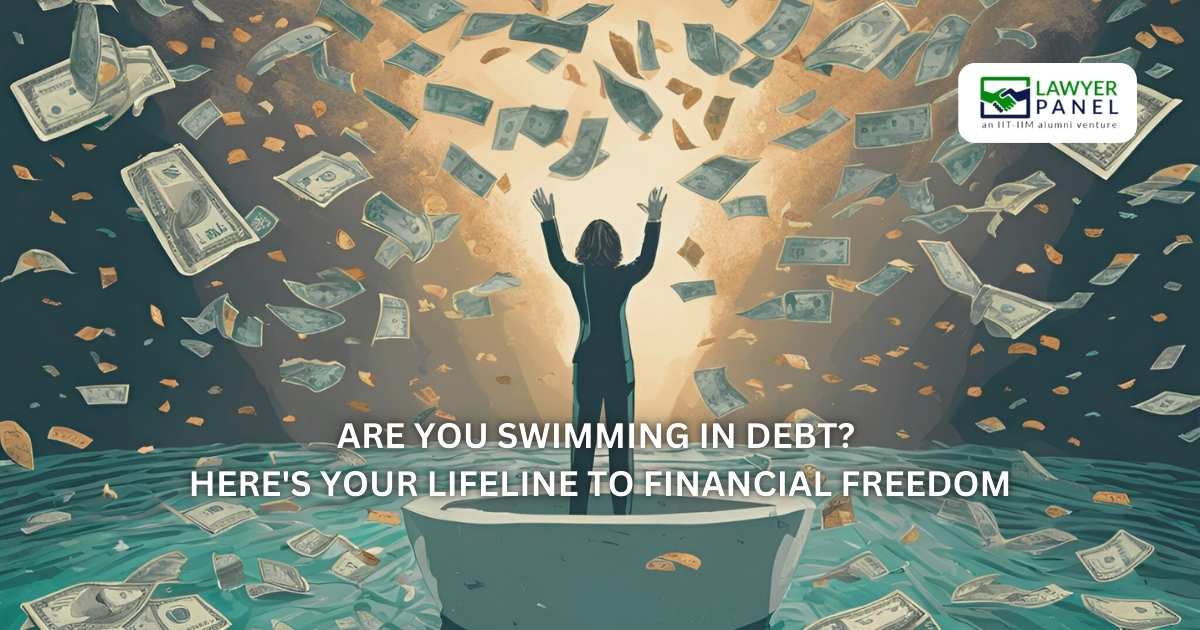Debt Resolution · 3 min read
Escaping the Debt Trap: Mastering Cumulative Loans
Cumulative loans may seem helpful but often lead to a debt trap. Recognize warning signs, seek legal and financial advice, and manage debt wisely for financial stability.

Cumulative Loans and Debt Trap
Understanding Cumulative Loans
Cumulative loans are the financial tools which allow the borrowers, who are in financial need to merge various debts, such as credit card balances, personal loans and outstanding bills from a particular lender, into a single loan with a fixed rate of interest and the term gets exceeded accordingly. This cumulation of loans often seem to be an easier way of managing the debt and provide with an extended time frame to the borrower.
There comes the actual twist, this cumulative loan is Debt Trap Dilemma which is often misunderstood by the borrowers. This is when a person wants to take more loan to pay off the existing loan and this vicious cycle never ends. Hence, the debt management plan by banks is not always for your benefit, it is important to communicate with a person who can act as your Financial Advisor and Legal Representative for effectively communicating the same.
The Debt Trap Dilemma
A significant portion of the population, including both salaried individuals and business owners, find themselves in the debt trap. Recognizing the warning signs can help address issues before they escalate:
EMIs exceeding 50% of your income
Taking out loans for regular expenses
Using credit cards to repay loans or EMIs
Withdrawing cash from credit cards
Not maintaining the minimum credit card balance
Impact on CIBIL score
Borrowing based on future income
Risk of default
Risks of Paying EMIs with Credit Cards
Paying EMI’s of personal/business or home loan through Credit Card may seem to be convenient and flexible for some time but as a matter of fact it includes potential drawbacks and borrowers are at a high risk. Some of the associated risks are:
Credit Utilization Ratio: Exceeding your credit limit can negatively impact your credit score.
High Interest Rates: Credit cards often have higher interest rates compared to other loans, leading to accumulating interest charges.
Limited Flexibility: High credit card balances with limited income can create additional financial problems, making it difficult to settle credit card bills.
Case Study: Real-Life Story
Ms. XY, a young professional, used various credit cards and small online loans for shopping. She faced mounting interest charges and collection calls due to a family medical emergency. With the help of a financial advisor and legal representative, she consolidated her debts into one manageable payment with a lower interest rate. This support helped her regain financial stability and avoid falling back into the debt trap.
Legal Remedies to Untangle the Debt Web
Understanding the legal landscape related to cumulative loans and debt traps is crucial. Familiarize yourself with relevant laws and regulations for your protection:
Banking Regulation by RBI: The RBI regulates banking practices to ensure fair lending and consumer protection, including the right to settle loans during financial hardship.
Legal Aid and Advice: Legal advice from a lawyer or consultation service can help address legal notices and provide strategies to escape the debt trap.
Consumer Education and Awareness: Government agencies and the RBI conduct programs to educate consumers about fair lending practices and debt management.
Conclusion: Path to Financial Freedom
Handling a debt trap and repaying loans can be overwhelming. Seeking professional help can provide a realistic plan for repayment and financial counseling. Assess your financial situation, compare loan terms and interest rates, and develop a strategy to achieve financial freedom.
Contact us today at https://www.lawyerpanel.org/and take the first step towards financial recovery.



